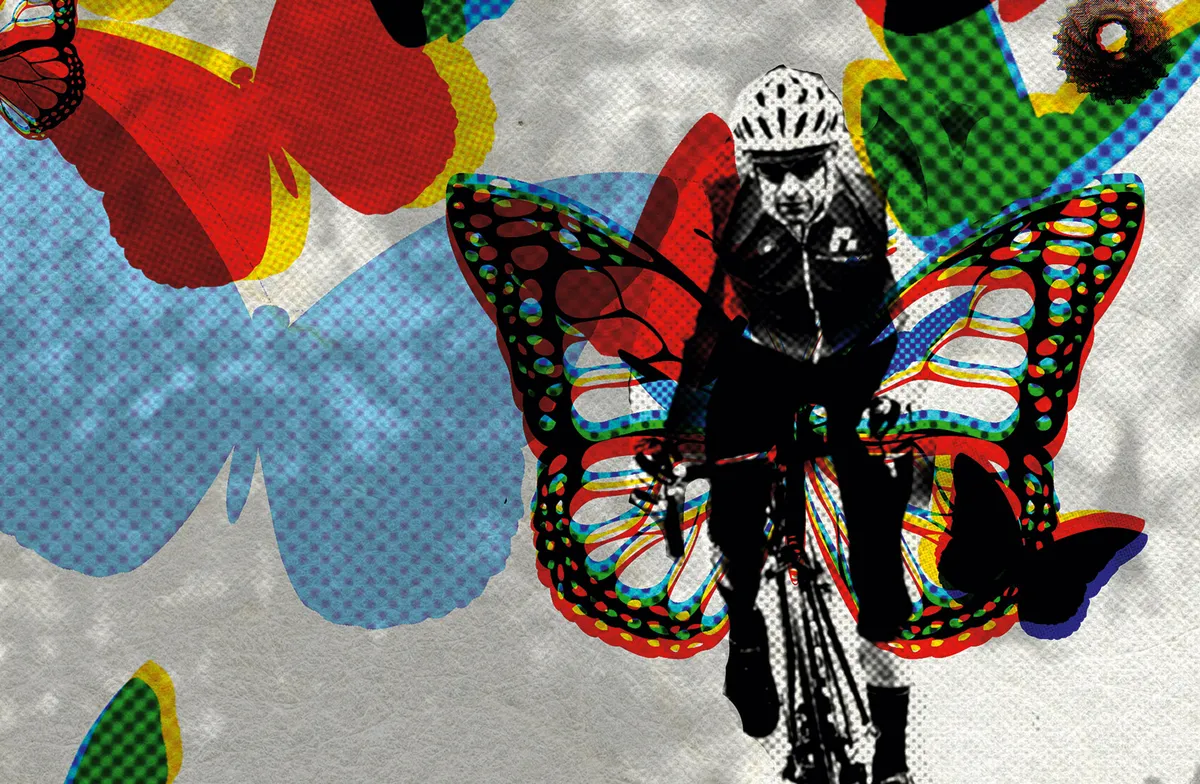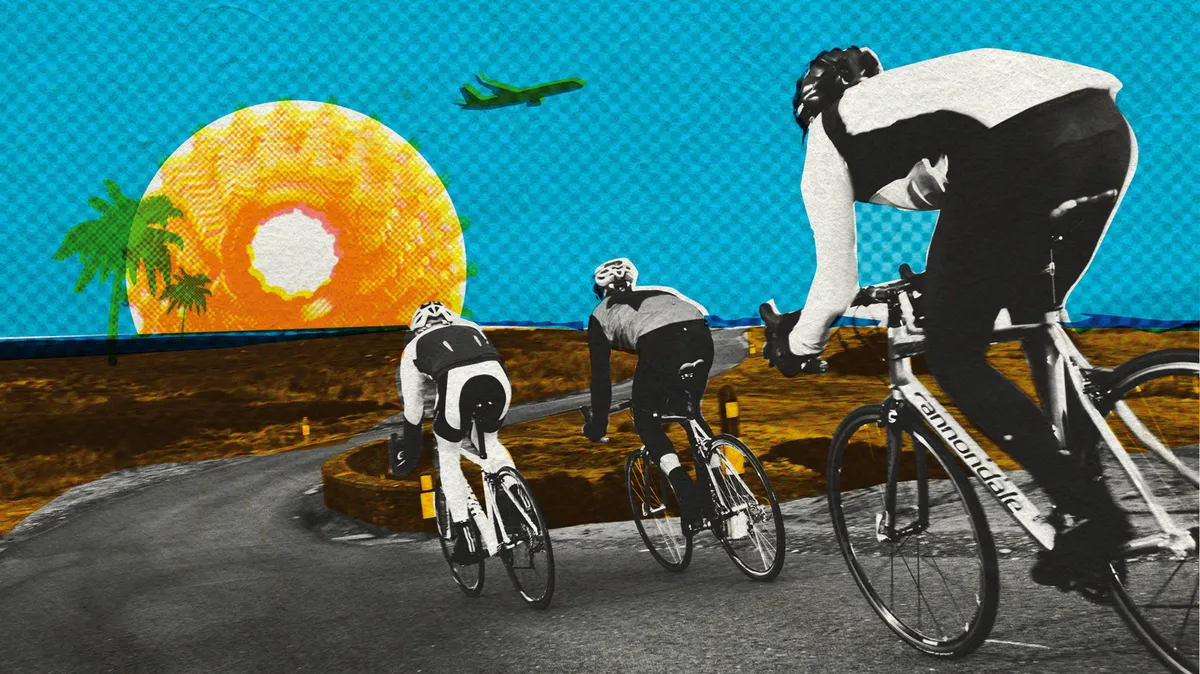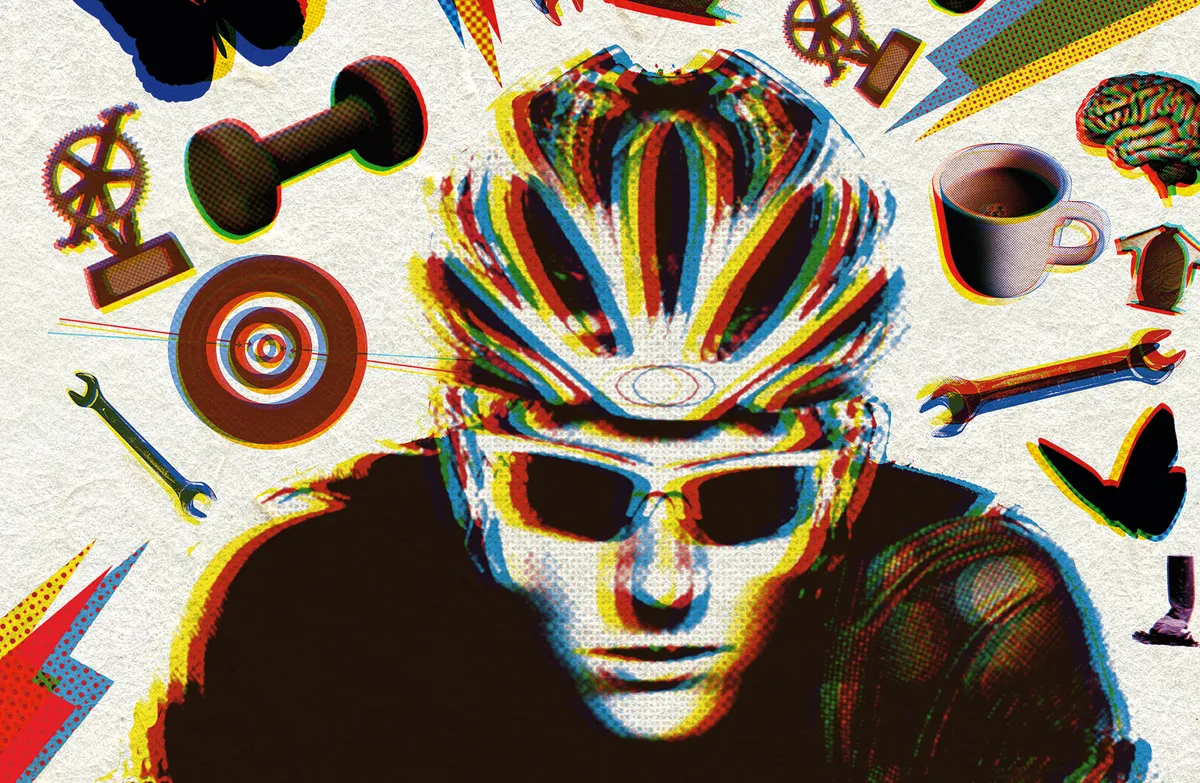The Sydney 2000 Olympics presented British athletes with travel and jetlag difficulties, Athens 2004 provided logistical challenges to routines, and Beijing 2008 posed acclimatisation issues. London 2012 presented none of these challenges, but just because our athletes had all the home comforts they could ask for doesn’t necessarily mean that any of the gold medals won in London were easy.
In an article published on the English Institute of Sport (EIS) website in 2010, the then head of psychology Mark Bawden said that the London games were going to be just as challenging as anything British athletes have had to face overseas.
“The combination of home crowds, familiarity with conditions and home based officiating and staffing can all be seen as both advantages and disadvantages," he said. "A home Games presents a different environment which athletes need to be ready for and have the mental endurance to cope with, no matter what sport they’re in or what their medal prospects are.”
For London, the EIS gave British athletes a ‘mental toolkit’ to help them cope with the pressure of competing on home turf, so what can we learn from the way in which our top cyclists were prepared to handle pressure? From mind games to almost obsessive preparation, to punishing yourself by withdrawing alcohol or chocolate if you don’t meet your goals, we take a look at how every cyclist can overcome pressure to triumph, whether competing in a sportive, club race, or just beating your mates.
Dealing with pressue
“One key tool we’ve developed is Pressure Training, behind which is the concept of allowing athletes to train in a series of performance situations, targeting psychological demands which athletes would at a home Games,” Bawden said. Dealing with expectations, judgement, consequences and outcomes are all part and parcel of the training process, he explains. “A key goal is for athletes to understand their responses to pressure and to coach them to use pressure positively.”
Richard Collins, of Head for a Win sport psychology consultancy and lecturer at Hartpury College in Gloucestershire, said replicating pressure situations in training is an important exercise in learning how to harness pressure when it matters.
“Start setting yourself some targets,” Collins tells us. “These could be times, or technique style, but the key is to provide some implications for failure. This may be an extra hour in the gym doing fitness circuits or it might be making yourself get up earlier in the morning, or not eating chocolate or drinking alcohol for a week.” Tough love indeed, but becoming more familiar with cycling under pressure means competition is not such a shock.
“This is practising tough, but the more you practise tough, the more you can compete tough.”
As Bawden said, “While you can’t recreate thousands of people watching you at an Olympic final, we can recreate the same sensations athletes will go through, which in turn will create similar responses in the brain, which equips them with the tools to deliver their skills when most expected to do so.”
Turn negative thoughts to positive
Another powerful exercise is learning to turn negative thoughts into positive ones. Collins said negative thinking is one of the most common challenges he encounters with athletes, but stresses that a little bit of hard work in this area can turn doubt into a strength.
“A good exercise is to fold a piece of paper in half and write down your negative thoughts on one side, and on the other half write a counter positive statement,” he said. So ‘I’m still five seconds behind the first place cyclist’ would become ‘I’m in second place, I’m here for a reason, keep pushing’. It’s about perceiving and focusing on the positives in your situation. Similarly, ‘my legs feel tired’ can become ‘my body is telling me that I’ve worked really hard, and I can keep going’.
Don’t do this when you’re cycling, but get used to doing it after competing. “The more you practise changing the negative into a positive, the more you’ll be able to catch yourself being negative when competing and change it into something positive,” said Collins.
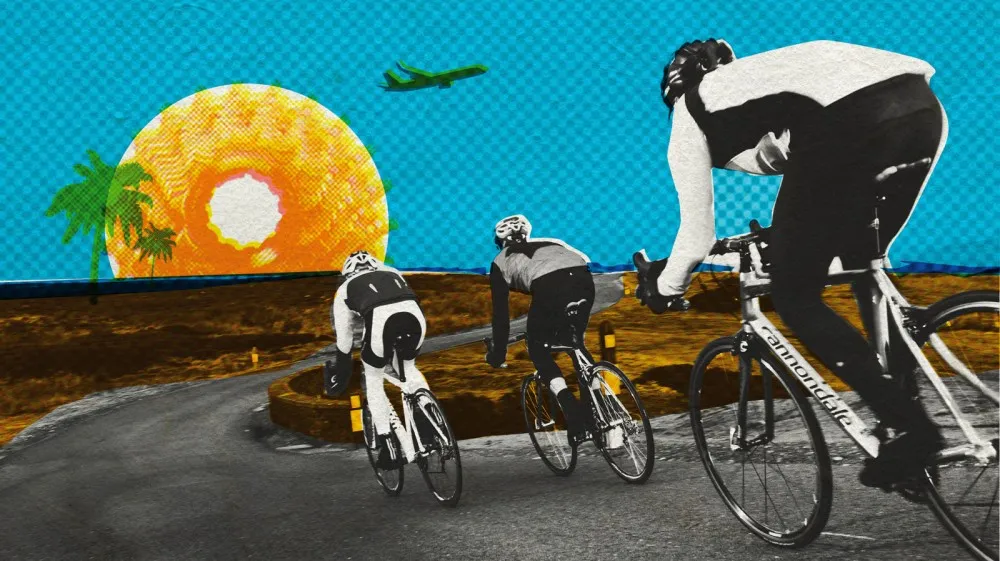
Plan ahead
If you feel as though you are completely prepared and ready to compete, it will help you feel relaxed during competition time. Cyclists should plan their entire schedule for the two weeks prior to competition. This could include food intake, time in training and sleep patterns. Leave nothing to chance.
Setting achievable training goals can help motivation, satisfaction and confidence. Try writing goals on paper and sticking them in places where you’ll see them, such as the bathroom mirror. When you achieve these goals, write it down and leave it stuck on the wall.
Try to only compare your own performances to your own performances. If you set yourself a new PB that’s great, but if someone beats that there’s not much you can do. It’s about being satisfied with your own performance and focusing on what is within your control.
Attack anxiety
It is possible to make pressure work as a positive force for you. A key thing to remember is that pressure is entirely down to your own perception. There are two types of anxiety we can feel, said Collins: somatic, which takes a physical hold causing butterflies, nausea, headaches, shaking, sweating and out of control breathing; and cognitive, which relates to our thoughts and feelings.
“With somatic anxiety it really is a perception,” he said. “We have an inbuilt reaction to a stressor – fight or flight – and it is one of the most basic of human instincts. When we see something threatening, our body will react in preparation to fight or ‘flight’ the threat. This includes increased blood flow, an increase in body temperature and all the feelings we feel when we are anxious.”
But because the body reacts in the same way whether it is ready to fight or take flight, harnessing this adrenaline is more about perceiving your body’s reactions as ‘ready to compete’. “Somatic arousal is the body’s way of telling you it’s ready,” said Collins. “It’s up to you to choose what it’s ready for: fighting or flighting.”
Cognitive anxiety requires a different approach. Cyclists need to try to maintain cognitive arousal in response to a cause of stress or pressure, and this is often about remaining positive. “Rather than thinking ‘all these people are expecting me to win’, it’s more about thinking ‘these people think I can win. I’m going to give them something to shout about’.” That said, learning to think and feel this way isn’t easy, and requires you to retrain the way you respond to – and perceive – the pressure of competition and expectation.
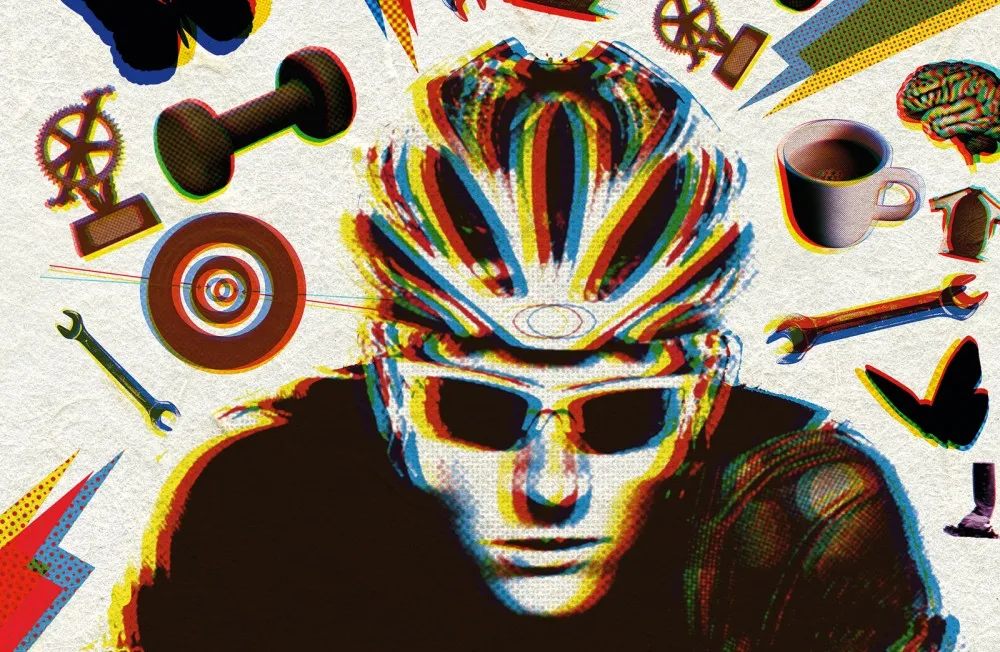
Altered images
Imagery is one of the methods you can use to help you overcome pressure. The first is to use your downtime – travelling or before bed – to imagine yourself winning. It doesn’t mean you have to sing the Chariots of Fire theme tune, but it does mean focusing on detail. “Think about who might be watching you, where it is, what colour the seats/barriers are, what you’re wearing, what you can smell,” said Collins. “Basically the more vivid it is, the more powerful it can be.”
If you feel the most pressure at the start or the race, or at a particular point of a route you know well, try imagining how this part feels and who will be around you. A study by Wakefield & Smith (2011) showed that practising imagery can have a positive effect on performance, especially when completed three times per week.
Imagery can also be used to deal with exhaustion in long distance events, using the power of the mind to overcome fatigued muscles and promote relaxation. “Try thinking about being in a ‘special place,” said Collins. “This might be your favourite holiday location, or just thinking about being wrapped up in a duvet with a mug of hot chocolate – an image which is particularly useful when racing in British weather, he said. “Just imagining will help you relax.”
Self-belief is important
Finally, believe in yourself. Amanda Owens, sport psychologist at Believe Consulting and a British Olympic Association Advisory Committee member, said the difference between achieving your personal best or not, and between performing at your best or not, is between your ears.
“The human brain is a complex machine that we can learn to master and realise,” she said. “As human beings and as athletes we place barriers in the way and are not aware of what we are actually capable of doing. By mastering your mind, through mental discipline and mental gym work, you can learn to rewire the brain in a healthy manner and learn new tasks, new techniques, and perform better. Once you become more self-aware – about what you’re thinking, experiencing and doing at any given moment – you can overcome barriers and mental blocks as well as underperformance, and understand how pressure can help.”
Bradley Wiggins or Chris Froome might be mentally tough enough not to have to scribble their doubts on pieces of paper or conjure up images of their favourite beaches, but even they had to start somewhere. As Collins said, “It does take a bit of practice” – but it works.
(This article was partly sourced from eis2win.co.uk February 2010)

